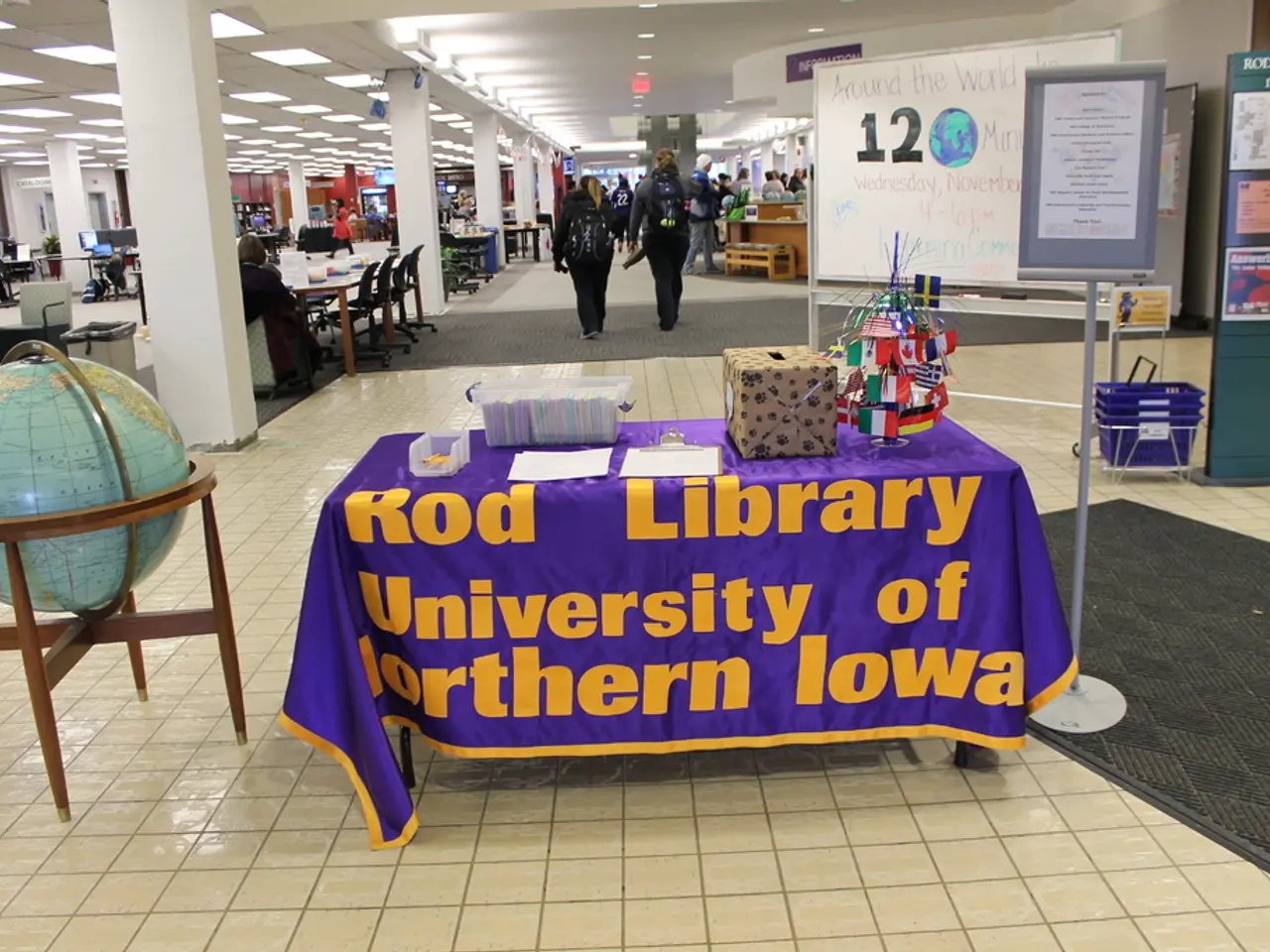Edeka-Southwest Bucks Economic Downturn and Expands Its Reach
Edeka-Südwest challenges stagnant consumer demand and broadens its operations. - Edeka South West buckles under consumption downturn and broadens its territory.
Just when the economic climate seemed to be taking a turn for the worse, Edeka-Southwest is storming ahead. The regional food retailer has announced ambitious growth plans, opening 24 new stores and expanding another 36 across Baden-Württemberg, Rhineland-Palatinate, and Hesse. Here's the breakdown:
- In Baden-Württheimer, it's a grand total of 15 new stores, with six in Rhineland-Palatinate and three in Hesse to round off the expansion.
These moves have propelled Edeka-Southwest's cooperative retail sales to a staggering 10.7 billion euros, evidently bucking the trend of the consumption slump. Rainer Huber, the Edeka-Southwest board spokesman, couldn't contain his enthusiasm, commenting, "Even in times of economic downturn and subdued consumer sentiment, we continue to thrive."
With over 1,059 stores under their belt, around 46,000 employees, and a reach that covers Baden-Württemberg, Rhineland-Palatinate, the Saarland, the south of Hesse, and parts of Bavaria, Edeka-Southwest is clearly a force to be reckoned with in the food retail industry.
To answer the question, "What's their secret?" While specific strategies may be under wraps, we can hypothesise a few potential reasons behind this success:
- Comprehensive Local Presence: With a broad network of stores across Germany, retailers like Edeka-Southwest can ensure a reliable supply chain and a diverse product offering to cater to consumers' needs during challenging economic times.
- Adaptation to Local Tastes: Successful retailers often tailor their offerings to regional preferences to appeal to consumers' tastes in specific areas, like Baden-Württemberg, Rhineland-Palatinate, and Hesse.
- Competitive Pricing: Engaging in competitive pricing strategies, such as discounts, loyalty programs, or maintaining affordable prices for essential items, can help attract and retain customers amidst economic uncertainty.
- Innovative Marketing and Community Outreach: Retailers may leverage innovative marketing and engagement strategies, like digital marketing, social media events, or community events, to foster stronger connections with customers.
- Optimized Operations: Streamlining logistics, supply chains, and store management can help retailers minimize costs and maintain profitability in the face of economic challenges.
- Edeka-Southwest's success in the food retail industry may be due, in part, to its employment policy, with over 46,000 employees ensuring efficient operations and customer satisfaction across numerous stores.
- The expansion of Edeka-Southwest's business, even during economic downturns, suggests a robust industry strategy, which includes finance policies that choose to invest in growth amidst challenging financial markets.








